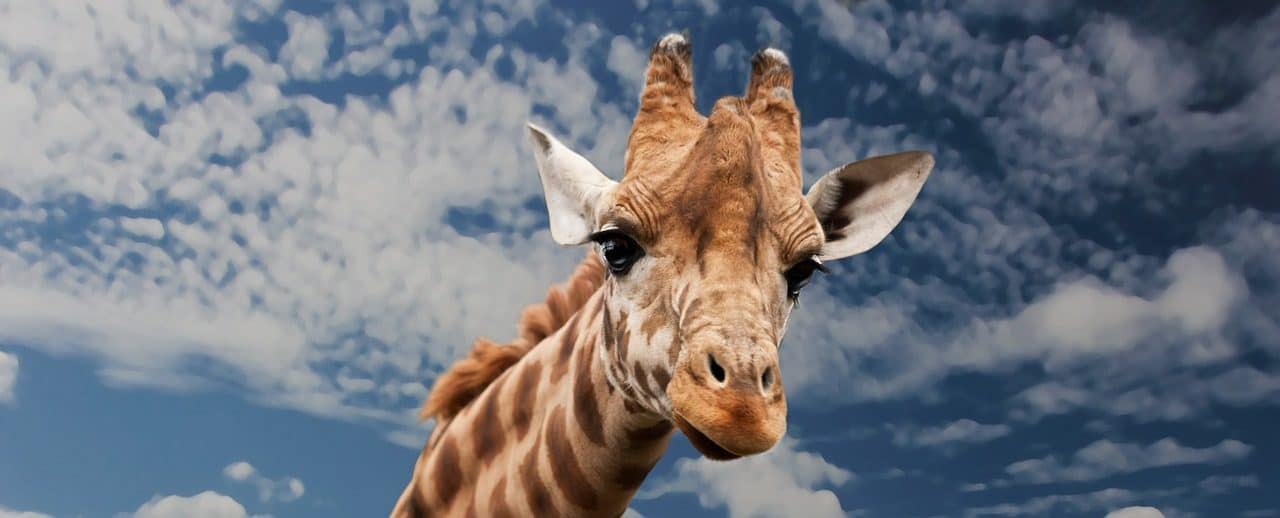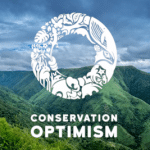Wondering what went right this week in the conservation world? We’ve got you covered with our Conservation Optimism Round-Up! Each week we are collating stories of optimism from around the globe so that you never miss your dose of Monday Motivation.
1. Twenty-one deep-sea coral hot spots are now protected in the Gulf of Mexico
“The decision designates 21 sites totaling 484 square miles (more than twice the size of New Orleans) as Habitat Areas of Particular Concern.”
2. Beavers have been reintroduced in Cheshire
” A pair of Eurasian beavers have been reintroduced to Hatchmere Nature Reserve after 400 years.”
AMAZING work @CheshireWT! 🎉 This makes me SO happy. Look at them! 😭💛 #ConservationOptimism https://t.co/fdzck4Gac5
— Danielle Shaw ☀️ (@DanielleShaw92) November 4, 2020
3. A new giraffe calf has been recorded in Lake Mburo National Park, Uganda
“15 critically endangered Nubian giraffe were reintroduced here in 2015. This latest addition, seen here with her mum Suni, brings the population up to a fantastic 32 giraffe!”
4. Endangered plants are bouncing back after South Coast fires in Australia
“Inspections found resilient bush ecosystems were springing back to life, with rare and threatened plants recovering post-fires.”
Good news for Friday. Relief and joy as endangered plants bounce back after South Coast fires #ozplants #conservationoptimism https://t.co/CZrbhtnhdL via @illawarramerc pic.twitter.com/jf9RZbwwIM
— Linda Bell (@Ljbell3Linda) November 6, 2020
5. A multifaceted approach has been key to the successful conservation of the Komodo dragon
“Indonesia and Komodo dragons (Varanus komodoensis) in particular are a vivid example of a quite successful multifaceted approach to the world’s largest lizard conservation in both protected and non-protected areas championed by the Komodo Survival Program (KSP), a relatively young (established in 2007) but effective Indonesian NGO.”
6. Peru issued a 35 million dollar fine and ordered plantation company to leave the Amazon
“In an unprecedented decision, the Peruvian Environmental Assessment and Enforcement Agency (OEFA) issued a fine of 129,000,000 soles (35 million dollars) to the plantation company Tamshi SAC in the province of Loreto for continuing to operate without required environmental permits and for illegally disposing of hazardous waste in the Peruvian Amazon.”
The second major piece of news providing #conservationoptimism this morning! https://t.co/pB9QrWuVZh
— Nina Seale (@hirundonova) November 3, 2020
7. India’s Gangetic dolphin count rose to 41
“In a major boost to the efforts to save the Gangetic dolphin, the latest studies have shown that their numbers are increasing. “
Thanks to #conservation efforts in #India, the population of #endangered South Asian River #Dolphins is increasing in the #Ganges River!#freshwater #rivers #rewilding #cetaceans #nature #wildlife #biodiversity #conservationoptimism #LetNatureThrivehttps://t.co/oL6uJYm0Yt
— Global Conservation Solutions (@_GCS_) November 2, 2020
Have a story to share for our weekly round-up? Use #ConservationOptimism on Twitter, Facebook, LinkedIn and Instagram!


